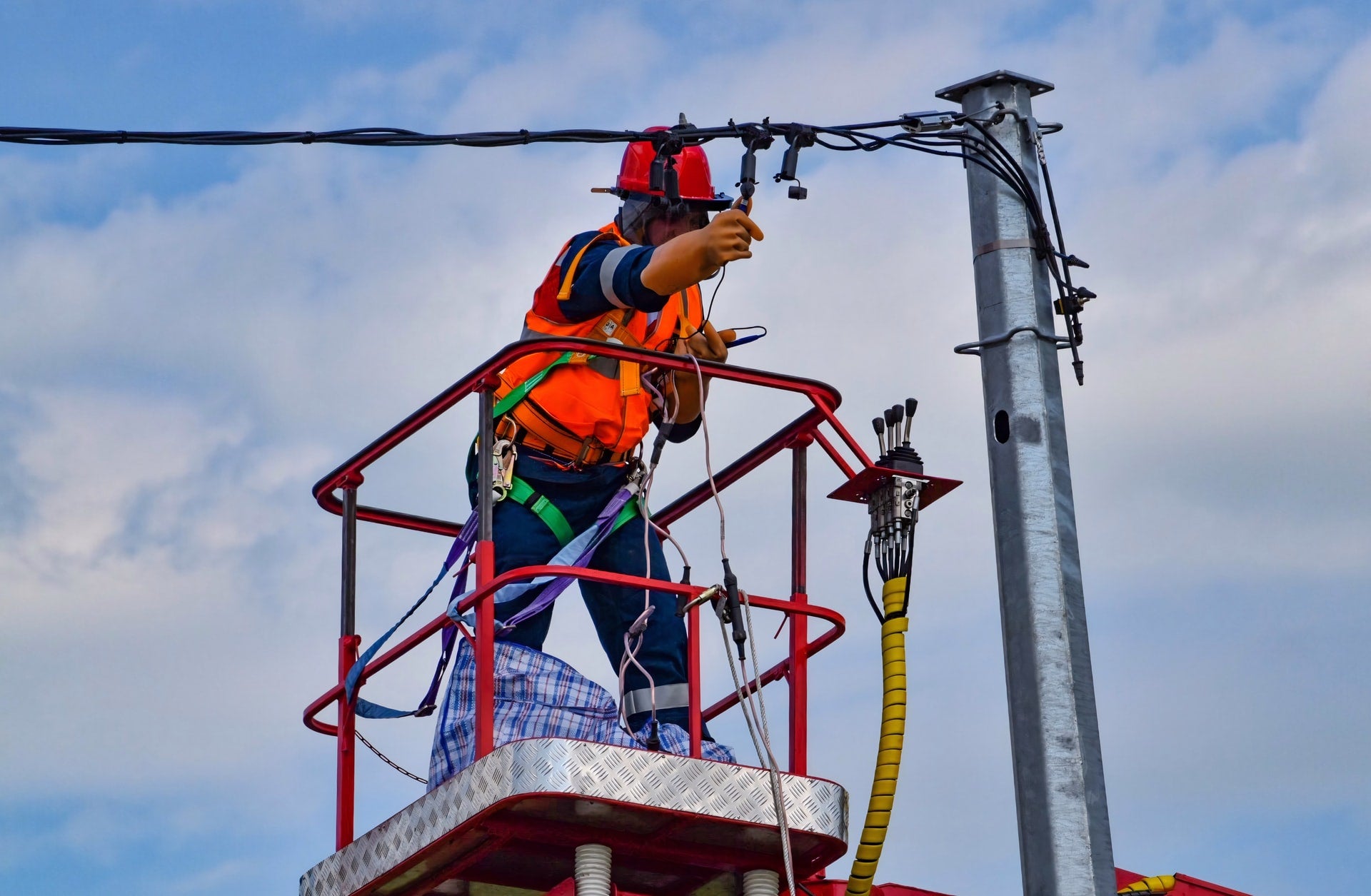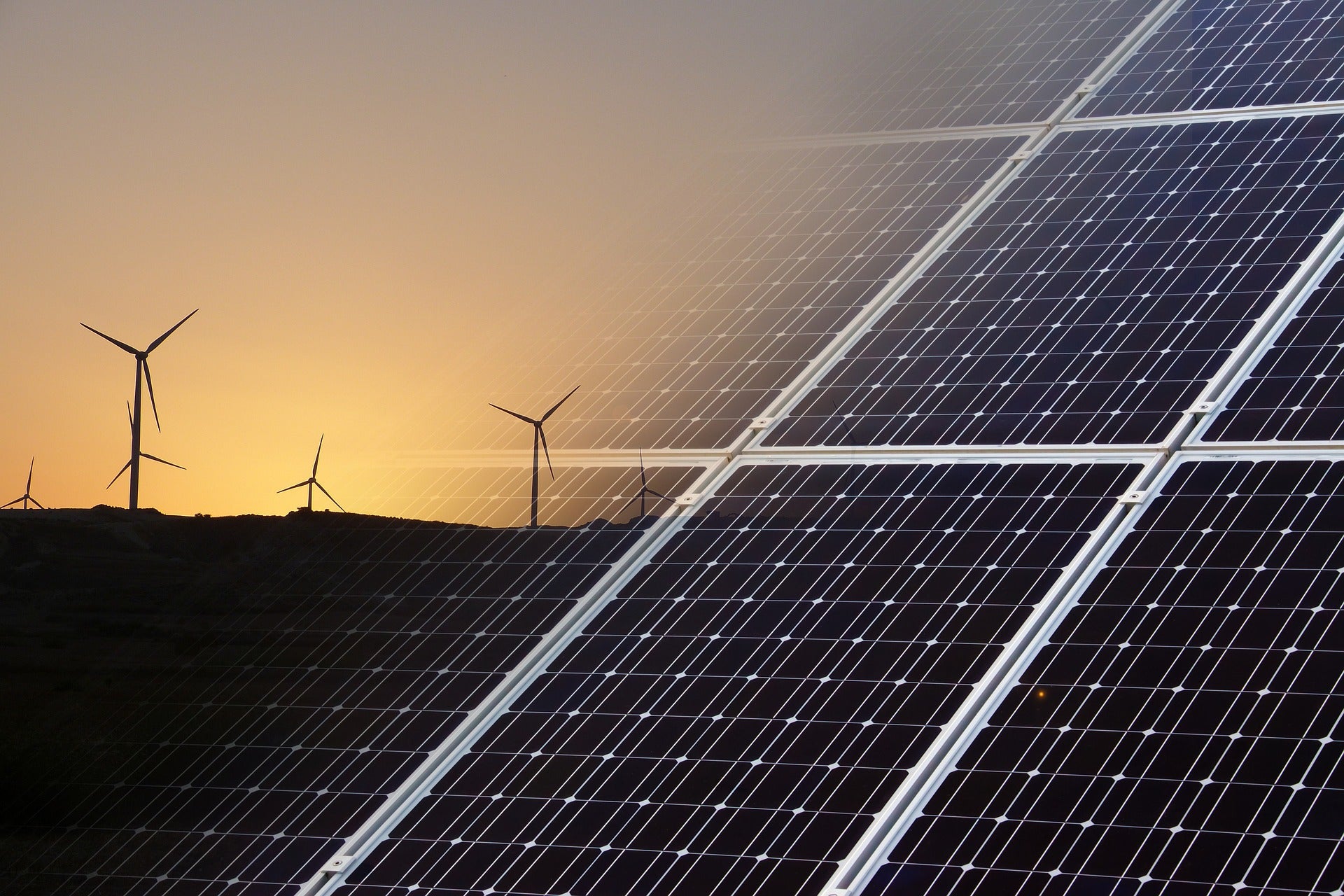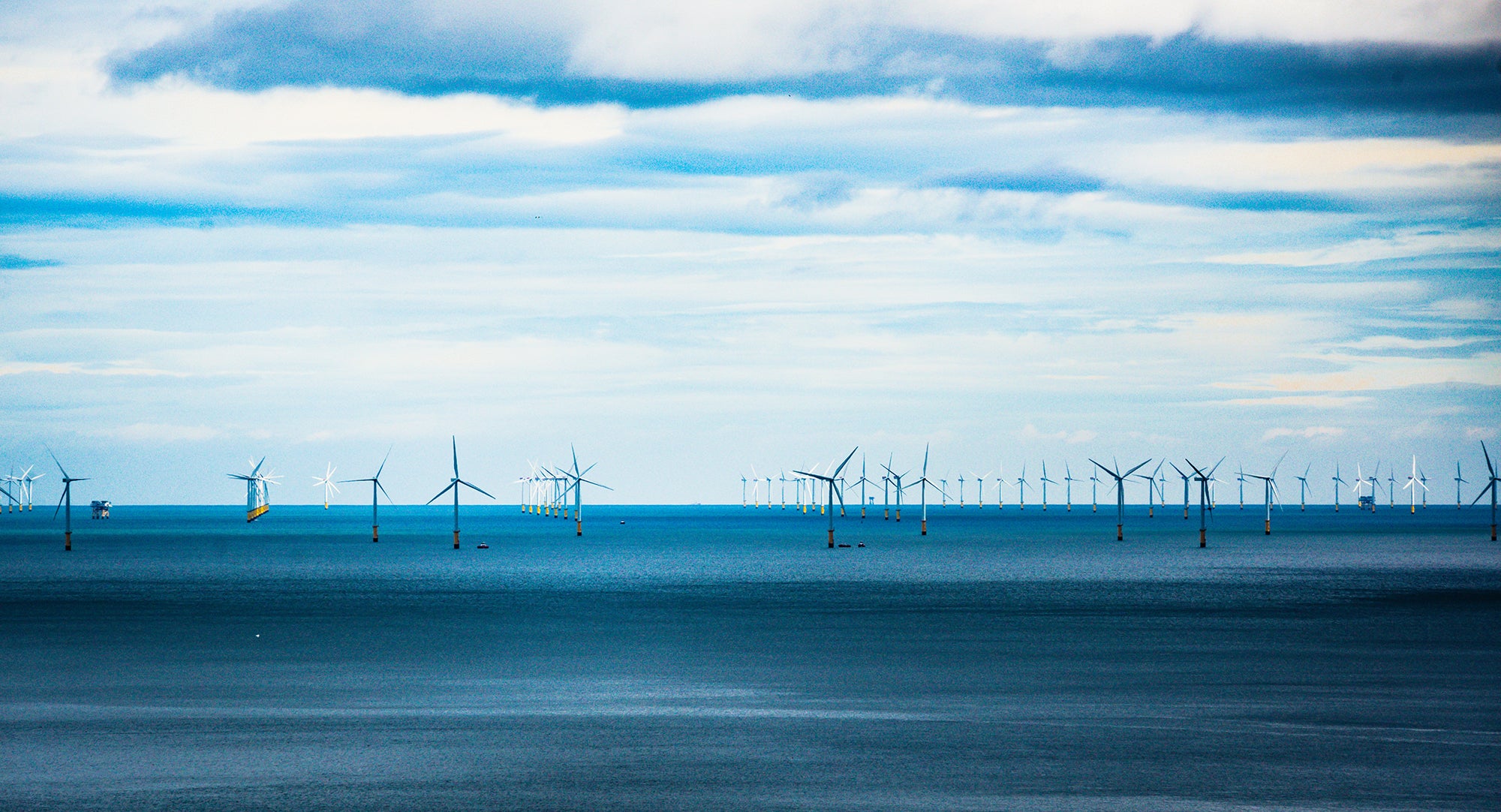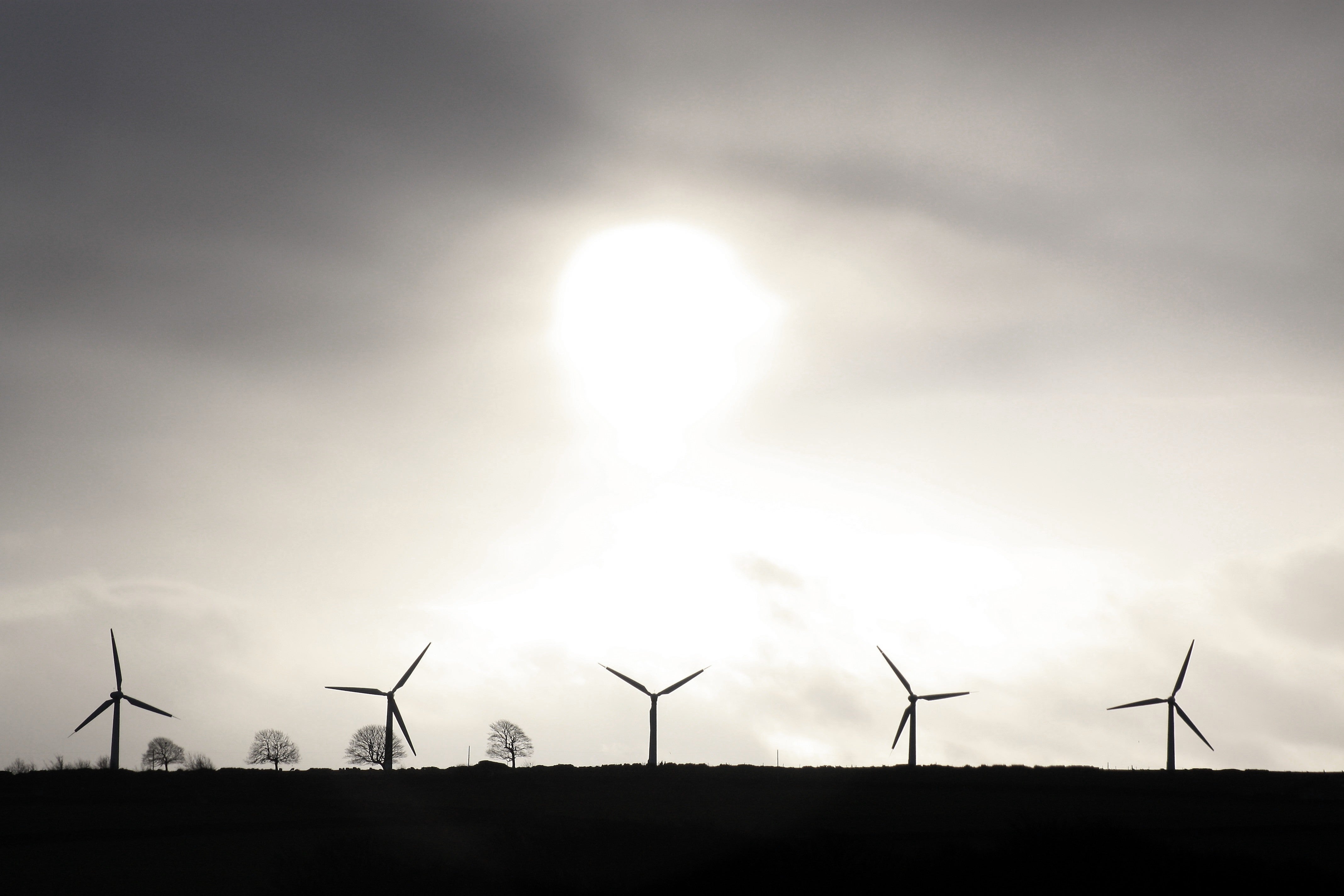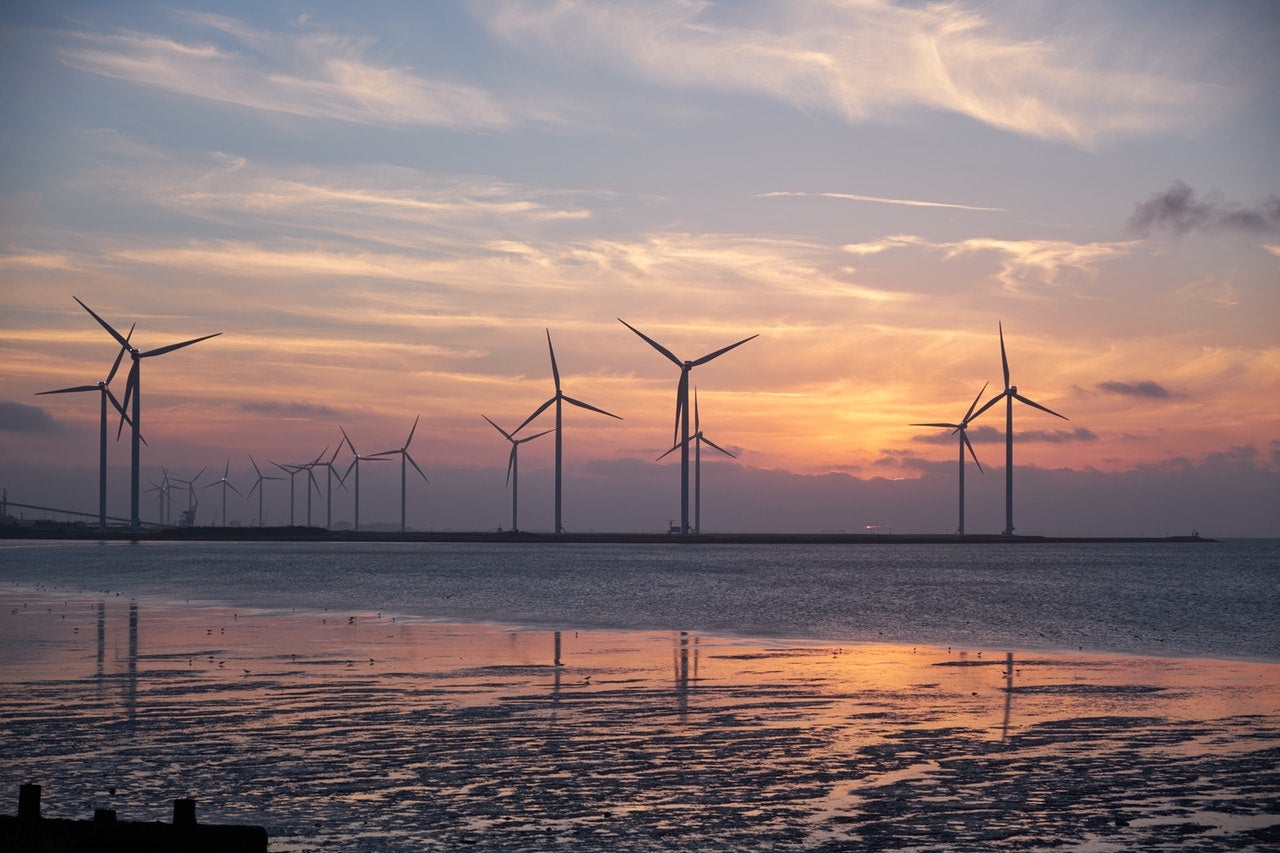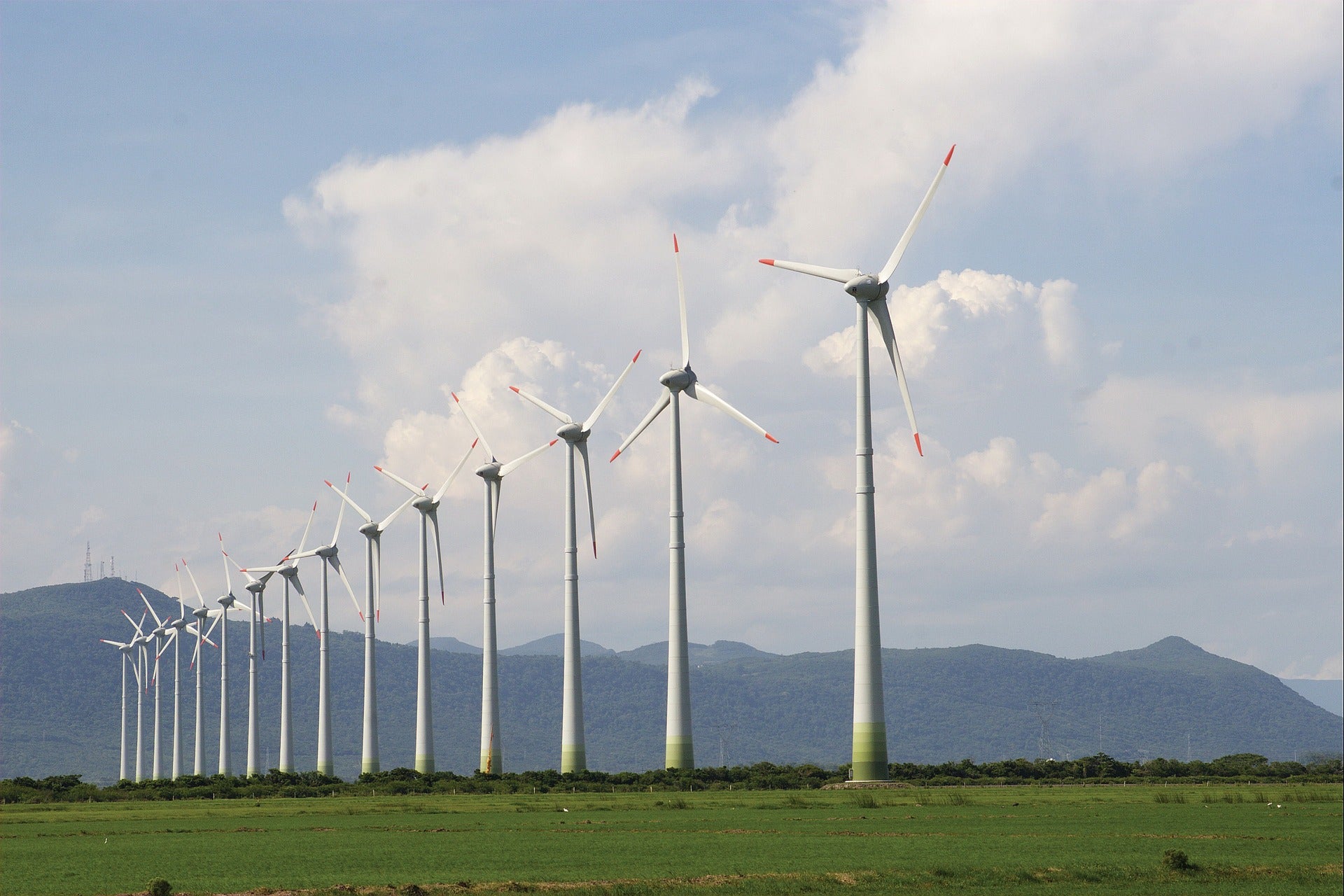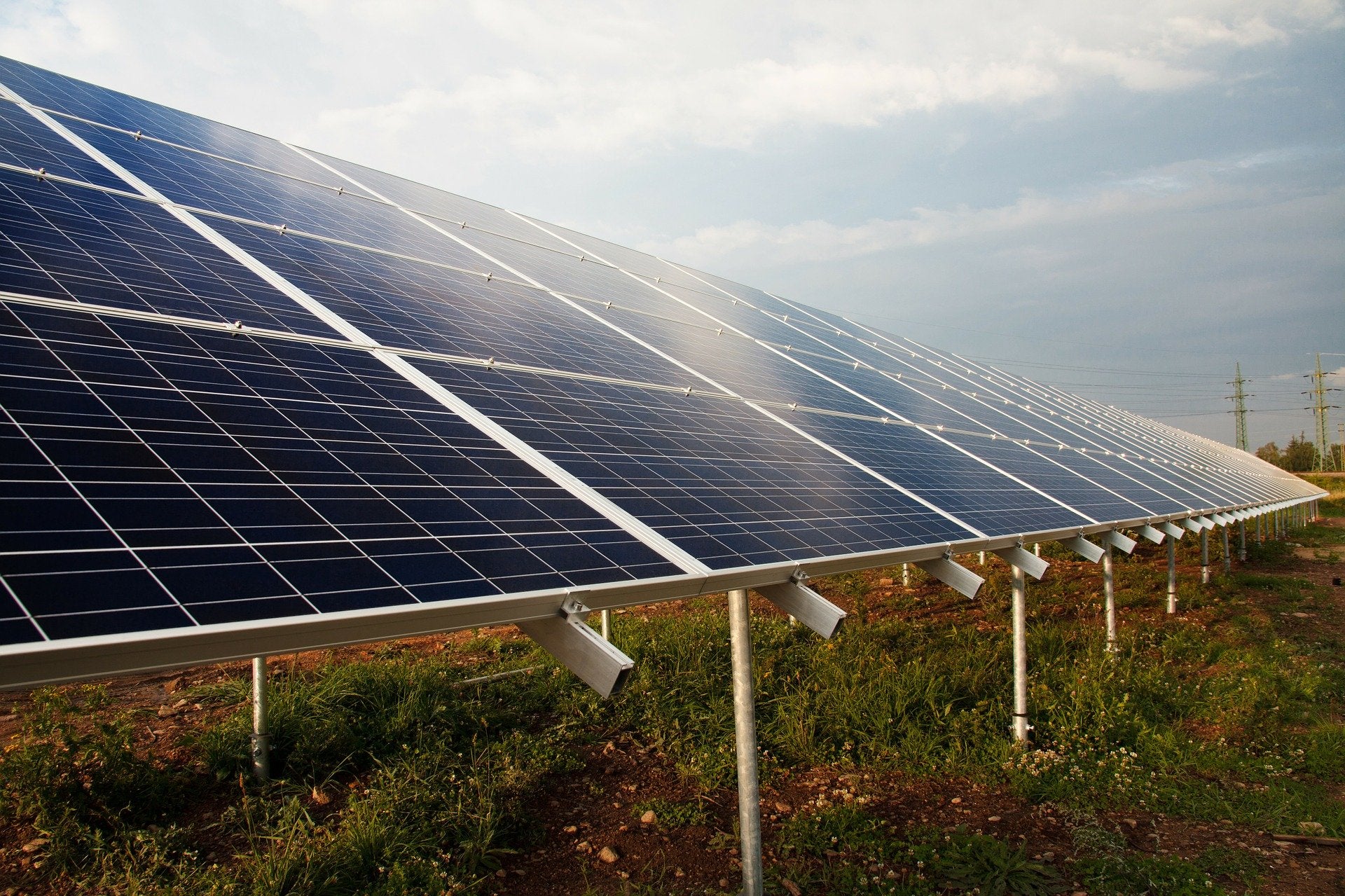Our new study found that the amount of climate and health benefits achieved from renewable energy depends on the country where it is installed.
Our researchers measured two types of benefits—climate benefits (reductions in carbon emissions) and health benefits (decreased mortality attributable to harmful air pollution)—and developed a user-friendly model to compare how those benefits vary based on where renewable energy is operating.
The study, published in Palgrave Communications, offers new metrics that can guide investors and policymakers working to reach the Sustainable Development Goals (SDGs) set by the UN by 2030.
Key takeaways:
- Climate benefits are greatest in countries where the electricity grid is largely powered by coal with less-efficient plants, including Mongolia, Botswana, Estonia, Iraq, and Australia.
- Health benefits are greatest in countries with higher population densities where people are living downwind of emissions sources, including Myanmar, Bangladesh, Ethiopia, India, and large parts of Eastern Europe.
- A wind turbine or solar panel can save 30 times more lives if it is placed in India—where air pollution is often a major public health issue—than if that same turbine or panel is placed in the U.S., and climate benefits will be about twice as high.
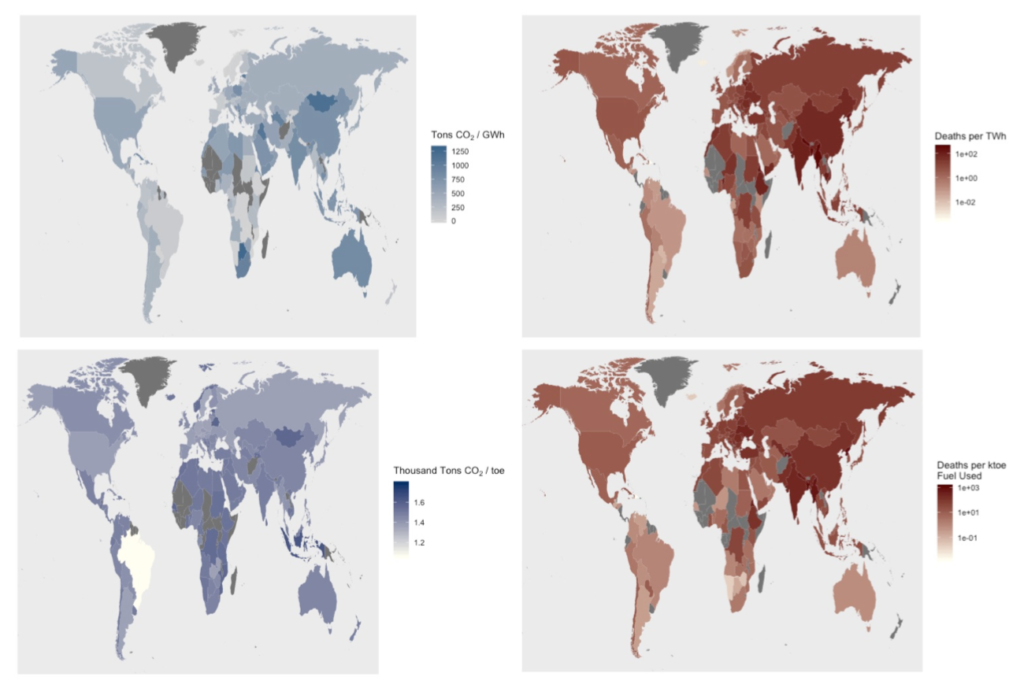
Implications for global sustainable investments:
- Investors can now estimate climate and health benefits of renewables at the country-level.
- Investors concerned with making a positive impact can now measure the climate and health benefits of individual companies.
- The private sector can use this model to influence how an estimated $2.5 trillion per year can be invested to help achieve the SDGs more effectively.
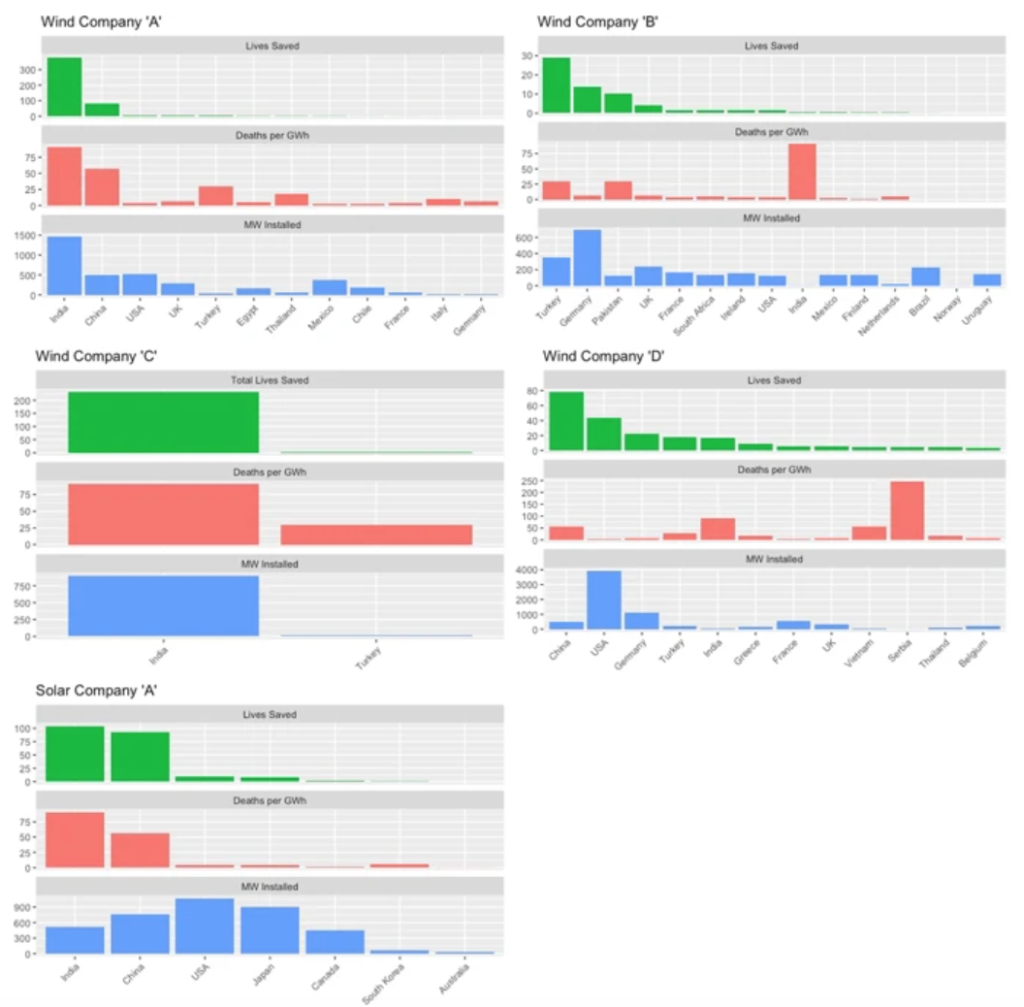
Related Research:
- Investment framework: This study is part of a series meant to help investors take meaningful climate action through their investments. Its methodology draws from research the authors published in Science last year, which presented standardized metrics that investors can use to create portfolios that are climate- and health-friendly.
- Green energy in the United States: We recently published a similar study that assesses the benefits of renewable energy in different locations across the U.S. in Environmental Research Letters. It affirmed that location is crucial for determining health and climate benefits of renewable energy deployment, and is largely driven by what fuel sources are displaced, what those emissions are, and how many people live downwind.
“Metrics for the Sustainable Development Goals: Renewable Energy and Transportation,” Jonathan J. Buonocore, Ernani Choma, Aleyda H. Villavicencio, John D. Spengler, Dinah A. Koehler, John S. Evans, Jos Lelieveld, Piet Klop, Ramon Sanchez, Palgrave Communications, November 12, 2019, doi.org/10.1057/s41599-019-0336-4



